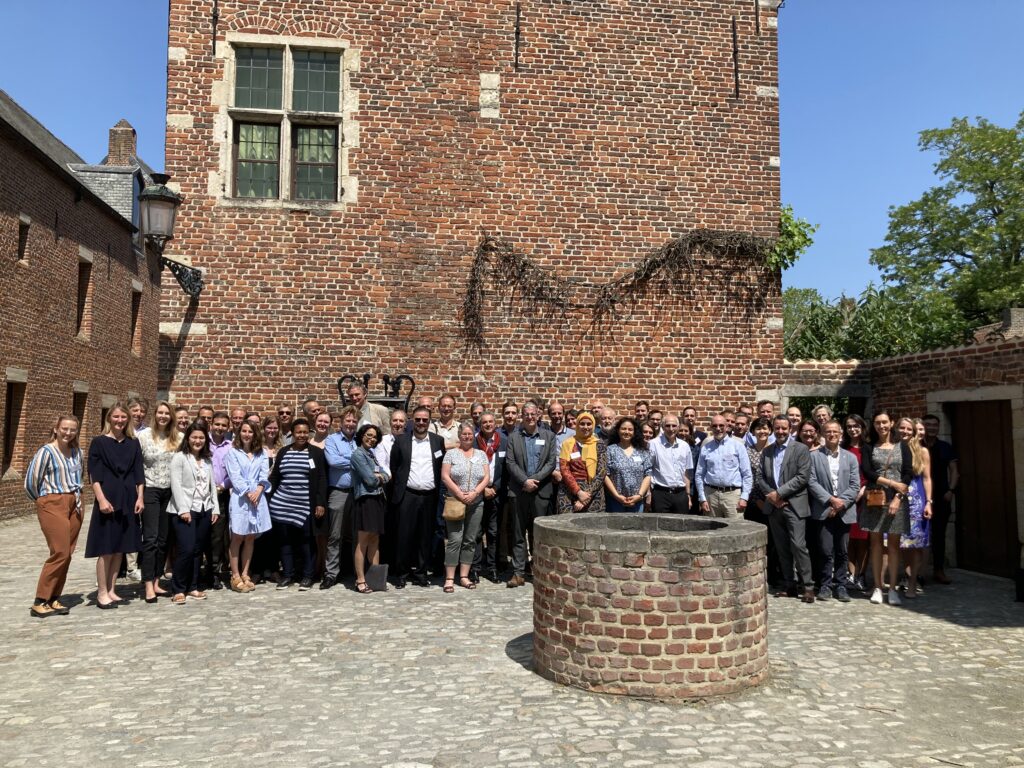Published in J Clin Immunol: Persistence of abnormalities in the blood of convalescent COVID-19 patients until 6 months after hospital discharge
The CARE partner Inserm-VRI (France), in collaboration with the Centre Hospitalier Universitaire Vaudois (CHUV, Switzerland) has found persistent abnormalities in the blood of convalescent severe COVID-19 subjects up to six months after leaving the hospital, compared to healthy subkects. These include elevated markers of inflammation, endothelial activation and intestinal damages, as well as high levels of activated immune cells, and decreased antibodies against the virus. The findings suggest long-term impacts on the immune system even after recovery from a severe COVID-19.
In addition, there is a persistent upregulation of genes related to blood clotting. A “core gene signature” associated with a history of thrombotic events was identified in a subgroup of convalescent COVID-19 patients, with upregulation of a set of genes involved in neutrophil activation and blood coagulation. These results suggest the persistence of activation of neutrophils and disturbance of the coagulation pathway in many convalescent severe COVID-19 patients.
The lack of restoration of gene expression and immune system to a normal profile after up to 6 months of follow-up, even in asymptomatic patients who experienced severe COVID-19, indicates the need to carefully extend their clinical follow-up and propose preventive measures.
To learn more, click here: Neutrophil Activation and Immune Thrombosis Profiles Persist in Convalescent COVID-19.


